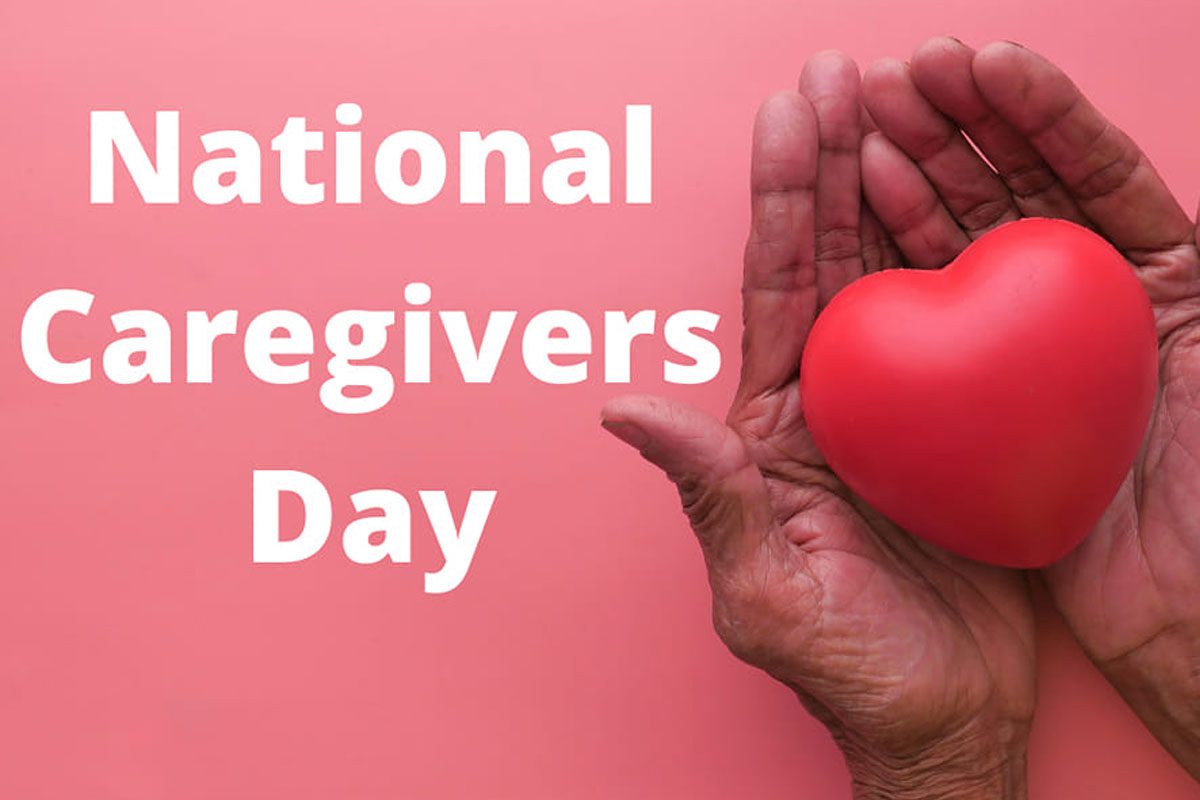
National Caregivers Day
National Caregivers Day takes place on the third Friday in February. This day honors the healthcare professionals across the country providing long-term and hospice care. Family caregivers spend a great deal of time caring for family, neighbors, and friends. For example, studies show that this is an average of 24 hours of care per week. For some, it’s a full-time job. And, although it may truly be a labor of love, the truth is family caregivers often feel invisible, alone, and unappreciated.
That’s where you come in. You can make a real difference for your family members, friends, and coworkers who are caring for others. For example, on National Caregivers Day, the third Friday in February, let them know you get it. You see what they are doing, and you honor and value them. Even the smallest gesture means so very much. Wear a purple enamel awareness ribbon pin, fabric ribbon, or purple silicone awareness bracelet to call attention and honor these unsung heroes.
Here are some ways you can demonstrate your support and appreciation.
Ways to Show Appreciation on National Caregivers Day
Be with them.
- Ask them how they are doing. For example, be clear that their physical, mental and emotional health and quality of life are just as important as their loved ones’.
- Listen non-judgmentally. Let them share their feelings, tell stories, laugh, cry, vent and process their caregiving experiences. You don’t need to fix anything. You just need to care and validate their perspectives. In addition, let them know you see they are having a rough time and you understand. Tell them it’s natural to sometimes feel resentment, anger and frustration, along with joy.
- Do things with them on a regular basis. Walk with them once a week, schedule a weekly check-in call, or take them out for a meal or a cup of coffee or tea. Plan ahead so they have something to look forward to and fits with their schedule. Be flexible if their caregiving duties mean a last-minute change.
- Stop by for a visit with them (and their loved ones). Even short visits can change the course of their day. If they are providing hands-on care for loved ones, try to avoid their busiest times.
Make it possible for them to take a break.
Don’t just encourage them to take a break, plan for it. Help them find the time to exercise, get a haircut, travel, go to the post office, go shopping or keep up with their own health care. Offer and follow up. In other words, don’t wait to be asked.
- Pay for some respite care. It can be through an agency or other paid caregivers.
- Provide care yourself. Spend some time with their care recipients. Even if they are there, too, it’s a real help for their loved ones to have someone else to interact with. Play games, watch a movie, look at photograph albums, and listen to music together.
- Arrange for family members to help out. See if an aunt, cousin, nephew or other close relation will step up.
- Research other respite care options. Check out state or local respite programs or a short-term respite stay at an assisted living facility or skilled nursing facility. Talk it over with them and do as much as you can to follow up and make it happen.

